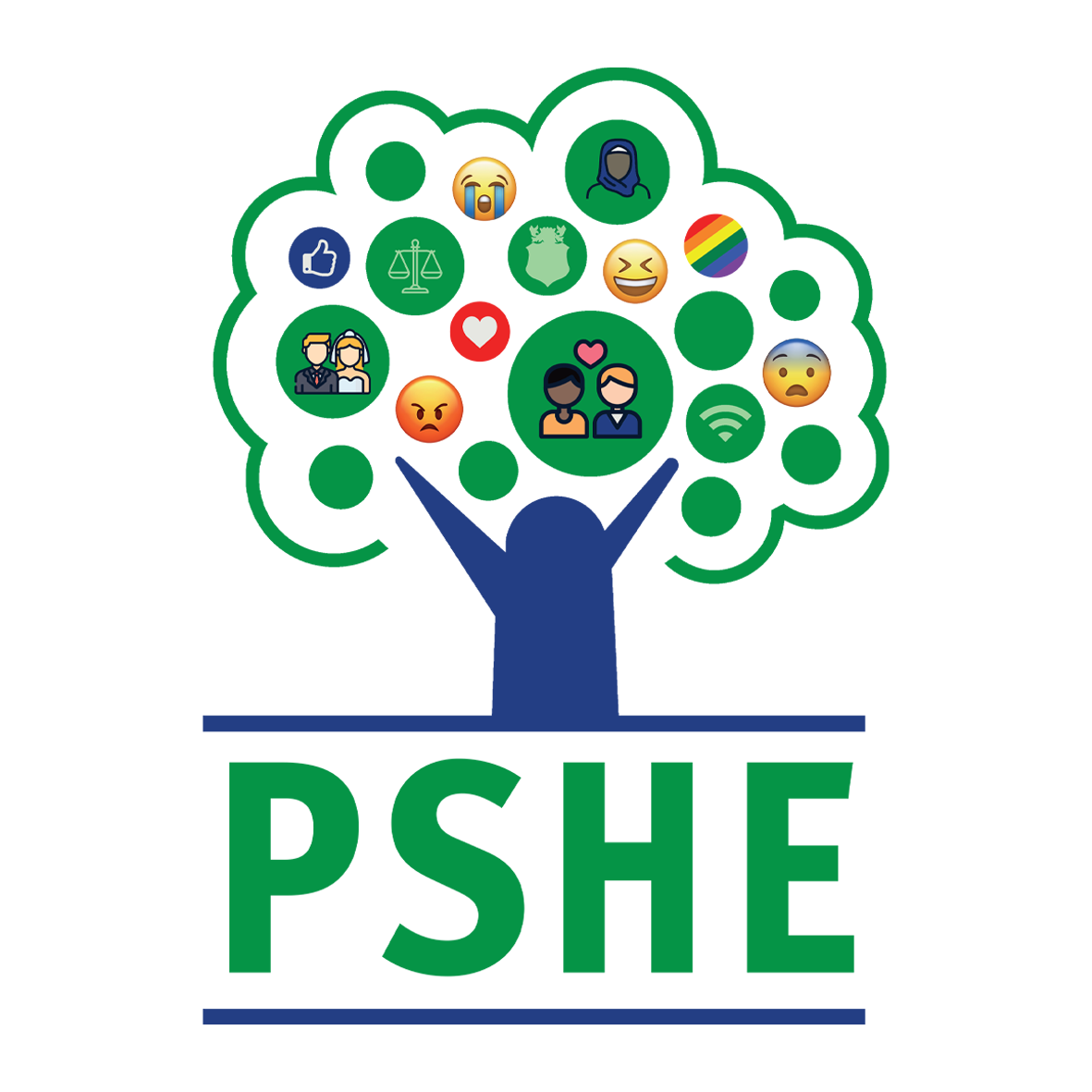-
-
-
-
-
-
-
-
-
Click here
pshe
Personal, Social, Health and Economic Education (PSHE) in the Curriculum
PSHE is a statutory but non-examined subject. PSHE develops the skills and knowledge necessary for pupils to make safe choices and become positive, healthy individuals whilst at Redhill and in later life.
Pupils are taught essential skills such as resilience, self-control, and self-regulation. They are encouraged to develop a healthy concept of self, realistic self-image, self-worth, and assertiveness. They are shown how to, and explore the importance of, developing empathy and compassion, a respect for others and valuing and respecting diversity. They must learn how to assess risk, make decisions, critically analyse, and form their own values and principles. Pupils will develop their employability and explore careers in preparation for the next stage in their lives.
PSHE throughout all year groups focuses on the themes of: Relationships and Sex Education, The Wider World, Health, and Well-being. These themes incorporate our statutory obligation to teach:
Careers Information Advice and Guidance
Citizenship
Relationships, Health, and Sex Education.
SMSC
Spiritual Moral Social and Cultural development
Spiritual development – Pupils are given opportunities to form tolerance, understanding and reflect upon their own beliefs and opinions about life. In the PSHE classroom they show respect for other people’s ideas and values. Pupils enjoy developing their personal opinions and learning about a wide range of issues that affect every day decisions. Discussion and reflection are promoted as pupils are taught imaginatively, and given opportunity to show demonstrate understanding of the subject matter. A key theme that runs through the core of PSHE is the development of character and the promotion of the positive values that come as a result.
Moral development – During PSHE pupils are taught about issues and decisions that they may face in everyday life. They are encouraged to look at different explanations for choices made and to strive towards making the best decision for their personal circumstance. They are aware of current affairs that affect young people today and are taught to act wisely in a non-judgmental way. PSHE gives students a safe platform to discuss their well thought out views about a range of ethical and moral concerns. Through the theme of ‘Physical and emotional Wellbeing’ pupils are helped to understand the consequences of their actions, wherever possible, these are linked to real life contexts and this enables pupils to make sound and informed decisions. Discussions take place about how lessons learned can be applied in their later life.
Social development – PSHE teaches the skills required to develop opportunities, take on life challenges, build diverse relationships, handle external influences of peers and the media whilst also strengthening confidence and encouraging each child to become an active learner and a considerate citizen in modern society. At both key stage 3 and 4, pupils continue to extend and practise the transferable skills of communication, team work, independent thinking, empathy and understanding that are so important to the world of work and college applications. Support is given through PSHE with job and college applications and many of the qualities demonstrated in this subject form the basis of a good personal reference. Children from key stage 3, study modules on business and enterprise. All year groups look at the effect of bullying (including cyber bullying) and explore how to make a positive difference should this situation arise. The programme of study consists of three core topics covering ‘Physical and Emotional Health and Wellbeing’, ‘Relationships’ and ‘Living in the Wider World’ with each area contributing towards the social development of the child. The PSHE LIFE programme aims to acknowledge that pupils are moving towards adulthood and seeks to develop independence and greater responsibility for themselves and others.
Cultural development – Pupils explore a range of cultural issues and look at situations from differing cultural perspectives. Pupils have opportunity to study different religious view points on contemporary issues and also explore areas were discrimination based on differing cultures may arise. Children not only look at the views of different religions but also focus on different disability groups and social groups, further studying lessons based around identity, diversity and culture.



